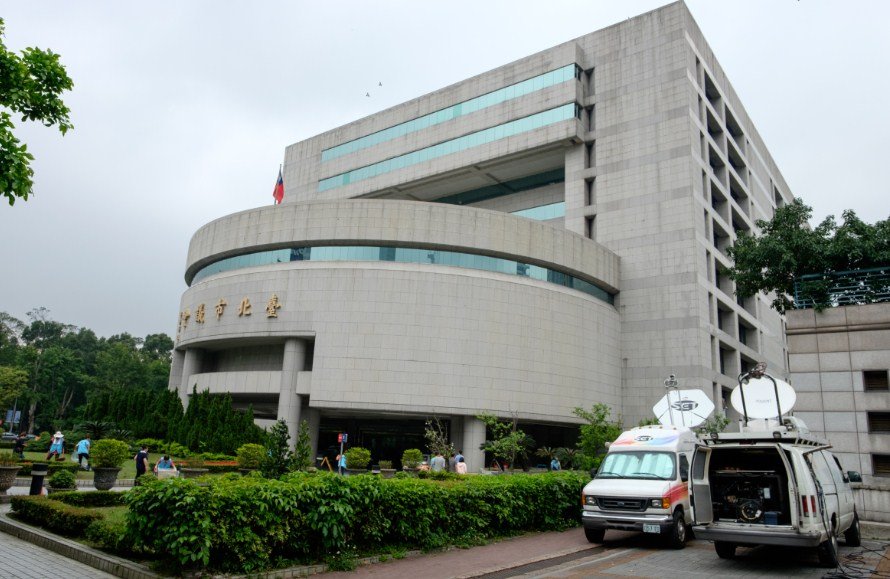The Jonesboro City Council has decided to table the proposed changes to the code of conduct for elected officials, citing the need for more discussion and input from the public.
What are the proposed changes?
The code of conduct, which was adopted in 2017, outlines the rules and expectations for the behavior and conduct of the mayor, city council members, and other elected officials. The code covers topics such as ethics, conflicts of interest, confidentiality, communication, decorum, and sanctions.
The proposed changes, which were introduced by Councilman Chris Gibson, would amend some of the existing provisions and add new ones. Some of the key changes include:
- Requiring elected officials to undergo annual ethics training and sign a statement of compliance with the code of conduct.
- Prohibiting elected officials from using their official position or influence to benefit themselves, their relatives, or their associates.
- Prohibiting elected officials from accepting gifts, favors, or loans that could influence their official actions or decisions.
- Prohibiting elected officials from disclosing confidential information obtained in the course of their duties, unless authorized by law or the city council.
- Prohibiting elected officials from making false, misleading, or malicious statements about other elected officials, city employees, or citizens.
- Prohibiting elected officials from engaging in any conduct that is unbecoming of an elected official, or that brings discredit or dishonor to the city.
- Establishing a process for filing, investigating, and resolving complaints of violations of the code of conduct, and imposing sanctions such as censure, reprimand, or removal from office.

Why did the city council table the changes?
The proposed changes were scheduled for a vote at the city council meeting on Tuesday, January 16, 2024. However, several council members expressed concerns about the wording, clarity, and scope of some of the provisions, and suggested that the changes needed more review and revision.
Councilman Charles Frierson, who chairs the city council’s rules and procedures committee, said that the committee had not had enough time to thoroughly examine the proposed changes and solicit feedback from the public. He said that the committee would hold a public hearing on the changes and present a revised version to the city council at a later date.
Councilman Mitch Johnson, who opposed the changes, said that the existing code of conduct was sufficient and that the changes were unnecessary and overreaching. He said that the changes would infringe on the rights and freedoms of elected officials and create a hostile and divisive atmosphere in the city government.
Councilman LJ Bryant, who supported the changes, said that the changes were needed to ensure accountability and transparency among elected officials and to restore public trust and confidence in the city government. He said that the changes would promote professionalism and civility among elected officials and prevent unethical and improper conduct.
How did the public react?
The proposed changes to the code of conduct have sparked mixed reactions from the public. Some citizens have applauded the changes as a step toward improving the standards and performance of the city government, while others have criticized the changes as a power grab and a violation of the democratic process.
Some of the comments from the public include:
- “I think the changes are a good idea. We need to hold our elected officials accountable and make sure they act in the best interest of the city and the people. There have been too many scandals and controversies involving the city government in the past, and we need to prevent them from happening again.”
- “I think the changes are a bad idea. They are too vague and broad, and they give too much power to the city council to punish and remove elected officials for any reason. They also limit the freedom of speech and expression of elected officials, and they discourage people from running for office or speaking their mind.”
- “I think the changes are a mixed bag. Some of them are reasonable and necessary, such as the ethics training and the prohibition of conflicts of interest. But some of them are excessive and problematic, such as the prohibition of false or malicious statements and the sanctions of removal from office. I think the changes need to be revised and balanced.”
